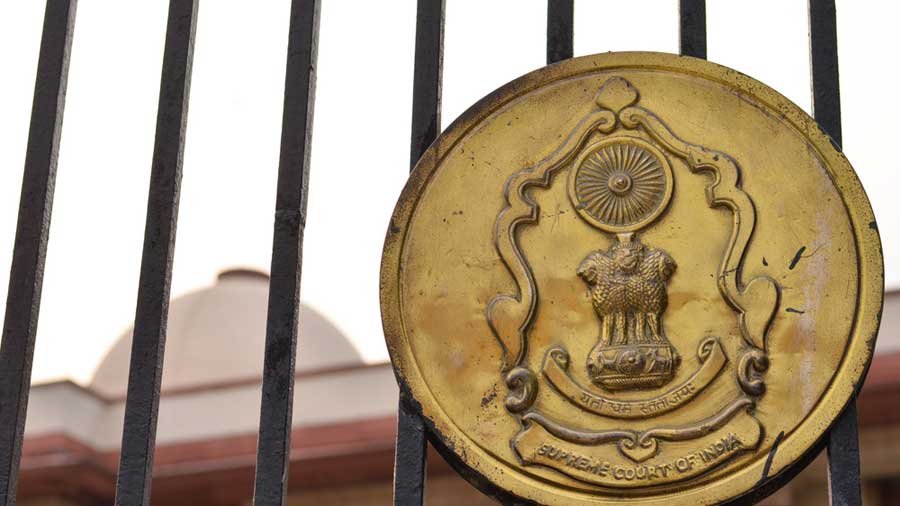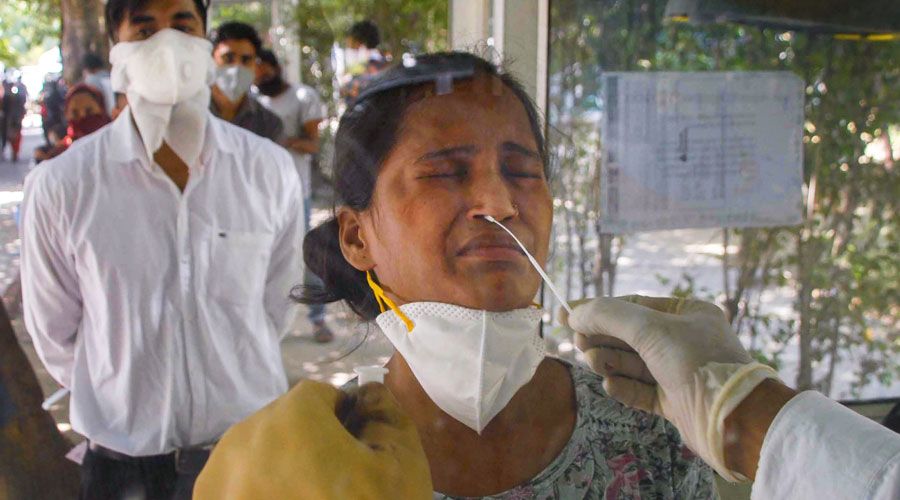The Supreme Court on Thursday rejected a PIL filed by retired bureaucrats alleging gross mismanagement of the Covid-19 pandemic by the Centre as the number of those infected by the virus has crossed 63 lakh in the country.
Advocate Prashant Bhushan, through whom the petition has been filed, told a bench headed by Justice L. N. Rao that on February 4, the ministry of home affairs (MHA) had issued an advisory, but international passengers were not screened until March 4.
Bhushan said the “Namaste Trump” event was allowed to happen on February 24 and one lakh people had gathered at a stadium despite the advisory that crowding should be avoided.
He submitted that experts had advised against a full lockdown due to which the GDP contracted by an unprecedented 23 per cent, while crores of jobs were lost and the economy destroyed.
Bhushan contended that the government has been unable to control the pandemic and according to official figures, the virus has infected over 63 lakh people.
The lawyer claimed that the government unilaterally announced the lockdown without consulting the experts. He said before the imposition of the lockdown, no steps were taken to procure personal protective equipment (PPE) kits because of which several doctors lost their lives.
He said several policemen have also lost their lives to Covid and added these issues require inquiry.
Bhushan said, according to figures, over two crore salaried people have lost their jobs. He also referred to the issue of migration during the lockdown and said that the infection has spread across the country.
The bench said this is a matter for public debate, not for the court and “we are not inclined to interfere”.
It added that these are matters for the government to look into and the authorities should be given the latitude.
The petition filed by a group of petitioners, including retired bureaucrats, alleged that the Centre failed to undertake timely and effective measures for containing transmission of the virus and an independent inquiry by a commission, appointed under the Commissions of Inquiry Act 1952, was essential to inquire into the “lapses”.











